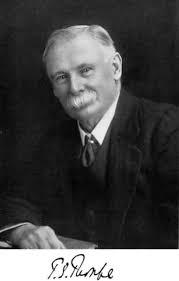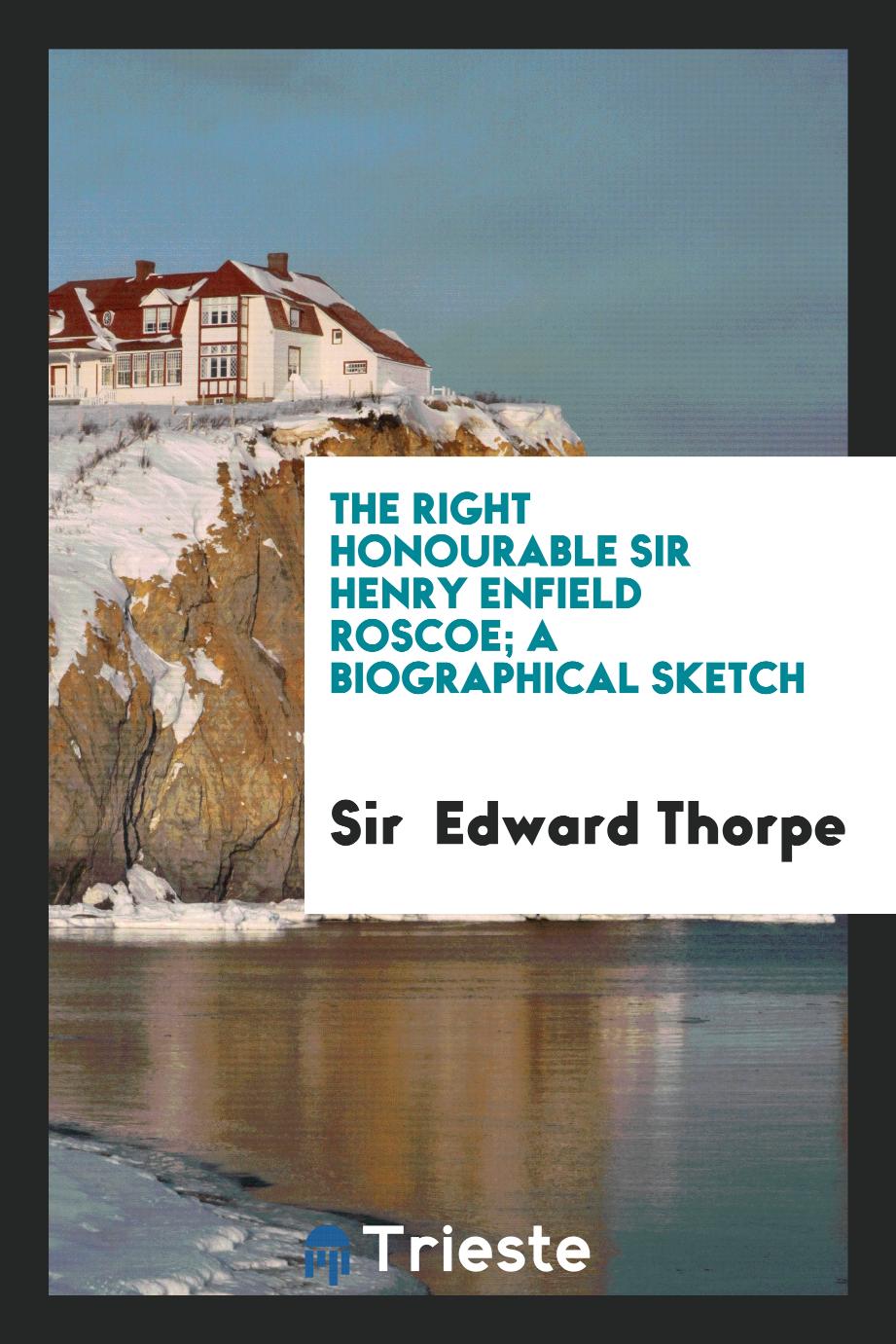
Sir Edward Thorpe
Sir Thomas Edward Thorpe (December 8, 1845 - February 23, 1925) was a British chemist. From 1894 to 1909 he was the chief chemist in the British government as director of the government laboratory. Born at Barnes Green in Harpur, Manchester is the son of George Thorpe, a cotton merchant in Trafford Bank and his wife Mary Wilde. He was educated at Halme Grammar School. Thorp initially worked as a clerk, but in 1863 he began working as an assistant with Henry Roscoe, a professor of chemistry at Owen College, and earned a degree in chemistry. Thorpe then entered graduate school at the University of Heidelberg, receiving his first doctorate (PhD), and after some time, working for August Kekul in Bonn, returned to the UK to take a chair at Anderson University in Glasgow in 1870. He later held positions at Yorkshire College of Science and the Normal School of Science, South Kensington (later Royal College of Science). Thorpe conducted research on a wide range of issues. He contributed to an understanding of the relationship between the molecular weight of substances and their specific gravity, and his work on phosphorus compounds made it possible to better understand phosphorus trioxide and prevent the diseases that it causes workers in the match industry. Thorpe's work on the atomic weight of metals led to the award of the Royal Medal in 1889, and in 1902, Thorpe was elected a member of the recently created International Atomic Weight Commission. He was a member of the Royal Society, to whom he served as Minister of Foreign Affairs in 1903. He was president of the British Association from 1921-1922. He also participated in four eclipse expeditions and magnetic surveys of the British Isles.

